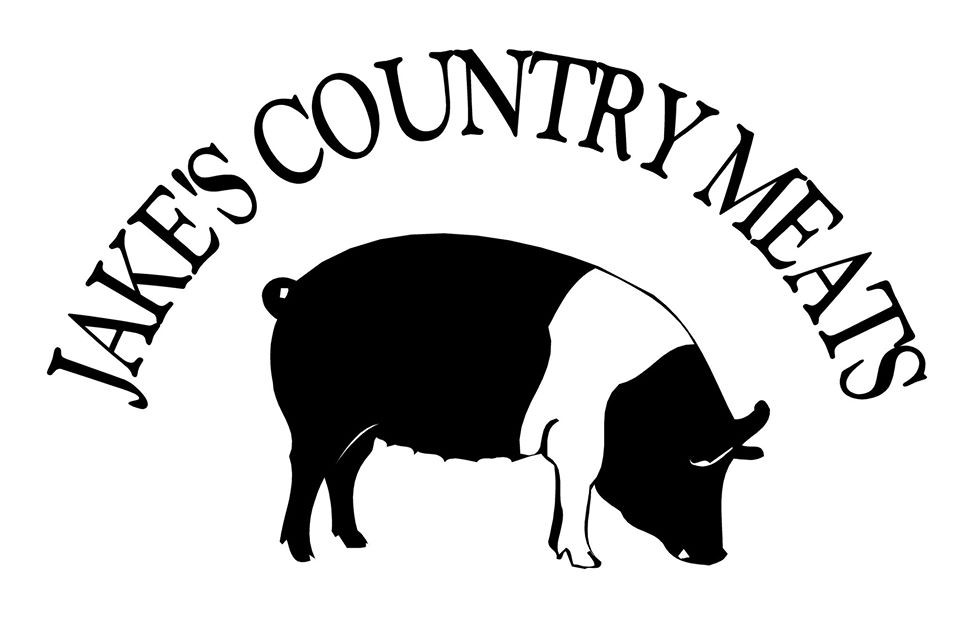Harvest Time is Here!
posted on
July 26, 2024
Crop Harvest Time is Here…
In July?? What gives?? Last October, we planted soft red wheat that is typically used for baking. It requires a dormant period to grow, which works well for Michigan winter weather.
The Economics of Wheat
It is well-known to grain farmers in our area that if you plant wheat, you’ll likely lose money on the end product. Even when wheat prices are high, the farmer loses money due to lower yields and the cost of production. Wheat is produced and sold globally, has lower yields per acre, and fewer end-uses than corn or soybeans. So as a farmer, you have to ask yourself, why wheat?
Benefits of Wheat in Crop Rotation
We plant wheat for a healthy crop rotation. The cycle for wheat is opposite of corn and soybeans; it grows from fall to summer instead of spring to fall. The change in the growing cycle helps activate the soil. It shakes up the natural environment enough to disrupt plant disease and pest patterns that mono-culture farming can present. If managed properly, the yield for our crop that is planted following the wheat crop tends to increase by 10-15%. The wheat crop might not pay off now, but looking ahead can help build better soil and yields in the future.
The Value of Straw
We also plant wheat to gain access to one of wheat’s by-products, straw. After wheat is harvested, it leaves behind hollow stalks blowing in the wind. The stalks are chopped and baled to use for our livestock. Straw is a natural antibacterial absorbent; it is an easy product for us to manage when caring for the animals’ sleeping environment throughout the year.
Alternative Bedding Options
What else could we use to help create a warm, pleasant, and clean bed for our animals during the year? Cotton, alfalfa, peat moss, wood shavings, or walnut hulls are a few different options. However, all would cost our farm more money to obtain and are harder for us to manage in the fields than small straw bales.
Controlling Quality
We choose to grow and bale our own straw to help control the quality. We could buy it, but then we are more susceptible to introducing foreign seeds on the farm, and different moisture levels can produce toxic molds.
The Challenges of Farming
Every farm is unique, and no matter which type of farmer, we all can agree it is becoming more and more difficult to manage a farm through multiple generations, standing the test of time. There are many different factors influencing a farmer’s decision-making, like access to equipment, climate, acreage, soil health, end-uses, economics, quality, lifestyle, and philosophies.
Leading with Gratitude
When telling our story, we want to lead with gratitude. We thank you for getting to know us and becoming more informed about the farmers you support and the food you eat.
Here is a video from our 2023 wheat harvest:



